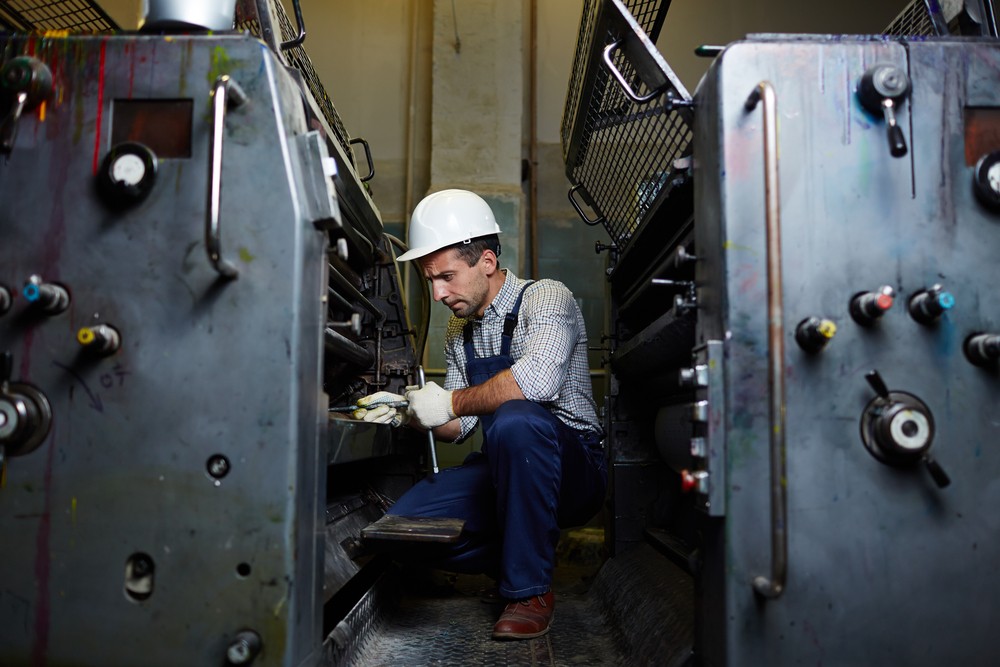Invest in Specialized Training or Outsource Specialized Repairs?

A machine breaks down with a unique problem. Do you have someone in-house who can fix it using specialized knowledge and tools? Or do you reach out to a vendor and schedule service? It all depends on your approach to handling specialized repairs. Is it worth bringing specialized capabilities in-house or should you outsource these services? Before you make the decision, consider the pros and cons of both approaches.
A conundrum every manufacturer will face
In-house manufacturing staff are trained and expected to handle most run-of-the-mill repair and maintenance services. They handle lubrication, replace parts, troubleshoot against the manual, and occasionally handle more complex procedures. Rarely are they equipped to handle a unique, complex malfunction. Usually, it’s a situation that facilitates a call to the OEM, who will send a tech out.
But is this the way it has to be? Lead times for a scheduled repair visit can be obscene, not to mention costly. It’s enough to get any manufacturer thinking about factory training for their techs. That, or outsourcing specialty repairs to a local firm.
In-house vs. outsource: pros and cons
Choosing between in-house training and outsourced repairs, manufacturers need to consider how each option affects operations. What benefits are there to choosing one versus the other?

In-house
- Quicker solutions. You can submit a work order and undertake repairs quickly after the machine breaks down. In-house repair staff gives you control over important factors like urgency.
- Less reliance on finding vendors. Instead of searching for a reputable company to field your repair request, you can lean on your in-house team of factory-trained techs. There’s less reliance on vetting and evaluation, and better cost control.
- Better long-term investment. Training your staff requires a larger upfront cost of time and money but pays long-term dividends. There are many upfront costs (e.g., tools, training, licensing), but few-to-no ongoing repair costs.
- Lifecycle maintenance capabilities. Control over repair and maintenance capabilities means control over the means of production. You can control exactly the level of service your machines are getting and how they’re serviced.

Outsource
- Lower per-incident cost. Specialty maintenance services are few and far between. Spending the money to train in-house may not be worth it — especially with practical outsourcing costs and warranties.
- Quality assurance. There’s an implied standard of excellence and guarantee when working with an outside vendor. It’s a good way to ensure superior service and evaluate a potential partner for other types of repairs.
- Less time intensive. Training takes time. Even when your employees are well-trained, dedicating them to a labor-intensive repair can take away from other operational service needs. Outsourcing solves the problem of time.
- On-demand service. There’s no cost until service is delivered. That means partnering with a repair provider only incurs cost when there’s a problem. It’s an on-demand way to control costs and streamline logistics.
Both approaches have their strengths. The best solution for a manufacturer is the one that leverages those strengths into better operational results.
An answer to the question
Should you train in-house staff to handle specialized repairs? Or, is the job best left to an outsourced service provider? Ask yourself where your priorities lie. Is it about saving money? Getting your equipment back in operation quickly? Broadening your partnerships or the capabilities of your employees? The answer to the question is the one that checks the boxes for your operational approach.